Mexico’s Rising Role in Affordable Addiction Recovery
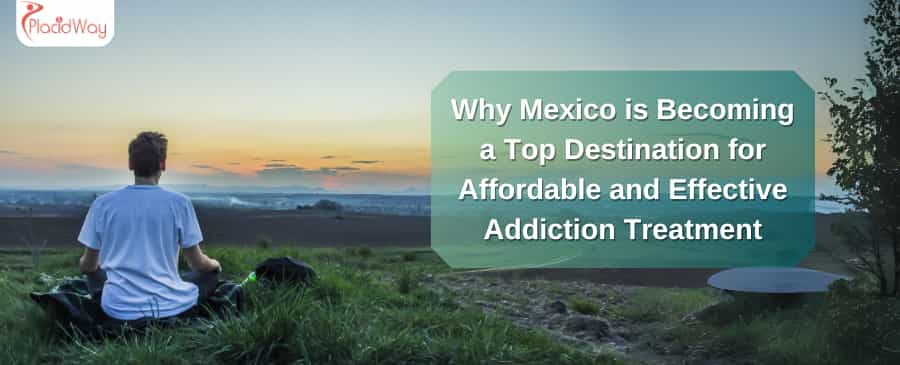
Addiction is a complex disease requiring comprehensive and effective treatment. For many individuals and families, the high cost of addiction treatment in countries like the United States and Canada can be a major barrier to seeking help. This is where Mexico has emerged as a compelling alternative. Beyond its picturesque landscapes and cultural richness, Mexico is becoming a hub for affordable addiction treatment and effective addiction recovery, offering a diverse range of programs that prioritize patient well-being and long-term sobriety. This blog post explores the key reasons behind Mexico's rise as a top destination for those seeking a path to recovery.
What makes Mexico an attractive option for addiction treatment?
"Mexico's appeal for addiction treatment stems from its cost-effectiveness, diverse treatment modalities, comfortable and discreet environments, and the ability to offer a fresh start away from everyday triggers."
Mexico has gained significant traction as a destination for addiction treatment due to several compelling factors. Firstly, the cost of addiction treatment in Mexico is often a fraction of what it would be in the United States or Canada, making it accessible to a wider range of individuals. This affordability doesn't compromise quality, as many Mexican facilities offer state-of-the-art care. Secondly, Mexican rehabs often provide a holistic approach, integrating traditional therapies with alternative healing practices. Finally, the serene and often private settings of these centers, away from familiar environments and triggers, can significantly aid in the recovery process, offering a truly fresh start.
How much does addiction treatment in Mexico cost compared to the US?
"Addiction treatment in Mexico can cost anywhere from 50% to 70% less than comparable programs in the United States, with a typical 30-day inpatient stay ranging from $5,000 to $15,000."
The financial aspect is a primary driver for many seeking addiction treatment abroad. In the United States, a 30-day inpatient addiction treatment program can easily range from $15,000 to $30,000 or even higher, particularly for luxury facilities. In contrast, rehab costs in Mexico for similar or even more comprehensive programs often fall within the $5,000 to $15,000 range. This significant price difference is due to lower overhead costs, including labor, real estate, and medical supplies, without necessarily compromising the quality of care or the expertise of the staff. Many facilities in Mexico offer all-inclusive packages that cover accommodation, meals, therapy, and sometimes even travel coordination, providing transparency and predictability in pricing.
What types of addiction treatment programs are available in Mexico?
"Mexico offers a wide spectrum of addiction treatment programs, including inpatient residential, outpatient, detox, holistic therapies, 12-step programs, cognitive-behavioral therapy (CBT), and specialized alternative treatments like Ibogaine therapy."
Mexican addiction treatment centers are known for their diverse offerings, catering to various needs and preferences.
- Inpatient Residential Programs: These are highly structured programs where individuals live at the facility 24/7, receiving intensive therapy, counseling, and medical supervision. This immersive environment helps remove individuals from their daily triggers and allows for deep focus on recovery.
- Outpatient Programs: For those who cannot commit to a residential stay or require a more flexible option, outpatient programs allow individuals to attend therapy and group sessions while living at home or in a sober living environment.
- Medical Detoxification: Many facilities offer medically supervised detox programs to safely manage withdrawal symptoms from substances. This is often the first crucial step in the recovery journey.
- Holistic Therapies: A significant number of Mexican centers integrate holistic approaches such as yoga, meditation, mindfulness, acupuncture, equine therapy, and nutrition counseling to treat the whole person—mind, body, and spirit—not just the addiction.
- 12-Step Programs: Many centers incorporate the principles of traditional 12-step programs like Alcoholics Anonymous (AA) and Narcotics Anonymous (NA), providing a structured framework for long-term recovery and peer support.
- Cognitive Behavioral Therapy (CBT) and Dialectical Behavior Therapy (DBT): These evidence-based therapies are widely used to help individuals identify and change negative thought patterns and behaviors contributing to addiction.
- Alternative and Innovative Treatments: Mexico has also become known for offering alternative therapies, such as Ibogaine treatment, which is often not readily available or legal in other countries. These treatments are often administered under strict medical supervision and can be highly effective for certain types of addiction, particularly opioid dependence.
Are addiction treatment centers in Mexico accredited and regulated?
"While regulation varies, many reputable addiction treatment centers in Mexico seek international accreditations and maintain high standards of care, often surpassing those found in some unregulated facilities globally."
The regulatory landscape for addiction treatment centers in Mexico can be more varied than in some other countries. However, many top addiction treatment centers in Mexico proactively seek and achieve international accreditations from bodies such as the Joint Commission International (JCI) or similar organizations. These accreditations signify adherence to rigorous global standards for patient care, safety, and ethical practices. When considering a facility, it's crucial to research its accreditations, affiliations, and the qualifications of its staff. Reputable centers are transparent about their licensing and operational procedures, ensuring peace of mind for patients and their families.
What is the typical length of stay for addiction treatment in Mexico?
"The typical length of stay for inpatient addiction treatment in Mexico can range from 30 to 90 days, with some programs offering shorter detox-focused stays or extended care options depending on individual needs."
The duration of addiction treatment in Mexico largely depends on the severity of the addiction, the individual's progress, and the specific program chosen. A 30-day program is a common starting point, providing enough time for initial detox, stabilization, and foundational therapeutic work. However, many experts agree that longer stays, such as 60 or 90 days, often lead to more sustainable recovery outcomes as they allow for deeper exploration of underlying issues, development of coping mechanisms, and integration of new healthy habits. Some facilities also offer extended care or aftercare planning to support individuals in their transition back to daily life.
What are the benefits of seeking addiction treatment outside of one's home country?
"Seeking addiction treatment outside one's home country, particularly in Mexico, offers advantages such as enhanced privacy, removal from triggers and negative influences, access to specialized or alternative treatments, and a fresh perspective facilitated by a new environment."
There are several compelling reasons why individuals choose to travel for addiction recovery.
- Privacy and Anonymity: Being away from familiar surroundings provides a level of privacy and anonymity that can be incredibly beneficial for individuals who prefer discretion during their recovery journey. It removes the fear of judgment from peers, family, or professional circles.
- Removal from Triggers: Daily life is often filled with triggers that can make recovery challenging. A change of scenery, especially to a serene environment like those offered in many Mexican rehabs, can help individuals break free from patterns associated with their addiction.
- Focus on Self: Being away from the responsibilities and stresses of home allows individuals to fully focus on their healing without distractions.
- Access to Specialized Therapies: As mentioned, Mexico offers access to treatments like Ibogaine therapy that might not be available or legally sanctioned in other countries.
- Cost Savings: The significant cost difference is a major benefit, allowing individuals to access high-quality care that might otherwise be financially out of reach.
- New Perspective: A new cultural experience can provide a fresh perspective on life, fostering personal growth and a renewed sense of purpose that aids in long-term sobriety.
Is language a barrier for addiction treatment in Mexico?
"While Spanish is the official language, many high-quality addiction treatment centers in Mexico cater specifically to international clients and employ bilingual staff, including therapists and medical professionals fluent in English."
For English-speaking patients, concerns about language barriers are common. However, a significant number of Mexican rehab facilities that attract international clients are well-equipped to handle this. Many have dedicated bilingual staff, including doctors, therapists, and support personnel who are fluent in English. Translation services are often available, and treatment materials are provided in English. It is always advisable to confirm the language capabilities of the staff and the availability of English-speaking therapists when researching potential centers to ensure clear communication and effective treatment.
What kind of medical support is available during detox and treatment?
"Reputable addiction treatment centers in Mexico provide comprehensive medical support during detox and treatment, including 24/7 medical supervision, medication management, and access to qualified doctors and nurses to ensure patient safety and comfort."
Medical detoxification is a critical first step in addiction treatment, and Mexican centers prioritize patient safety during this phase. Patients can expect round-the-clock medical supervision by qualified doctors and nurses who monitor vital signs, manage withdrawal symptoms with appropriate medications, and address any co-occurring medical conditions. Beyond detox, ongoing medical support is integrated into the treatment plan, ensuring that any physical health issues are addressed in conjunction with mental health and addiction recovery. This holistic approach to patient well-being is a hallmark of effective addiction treatment in Mexico.
What types of holistic therapies are commonly offered in Mexican rehabs?
"Mexican rehabs frequently incorporate holistic therapies such as yoga, meditation, mindfulness, equine therapy, art therapy, music therapy, nutrition counseling, and beachfront activities to support comprehensive healing and well-being."
Many addiction treatment centers in Mexico embrace a holistic philosophy, recognizing that true recovery involves healing the mind, body, and spirit. Beyond traditional talk therapy, common holistic offerings include:
- Yoga and Meditation: These practices help individuals develop mindfulness, reduce stress, and improve emotional regulation, fostering a sense of inner peace.
- Acupuncture: Used to alleviate withdrawal symptoms, reduce cravings, and promote overall relaxation.
- Equine Therapy: Interacting with horses can help individuals build trust, improve communication skills, and develop self-awareness.
- Art and Music Therapy: Creative outlets provide non-verbal ways for individuals to express emotions, process trauma, and develop coping mechanisms.
- Nutrition Counseling: Addressing nutritional deficiencies and promoting healthy eating habits can significantly improve physical and mental health during recovery.
- Fitness and Outdoor Activities: Many centers leverage Mexico's beautiful natural environment, offering activities like beach walks, swimming, and hiking, which contribute to physical well-being and a sense of connection with nature.
What is the success rate of addiction treatment in Mexico?
"Success rates for addiction treatment, including in Mexico, are highly individual and depend on various factors; however, reputable Mexican centers employing evidence-based practices and comprehensive aftercare planning report comparable success rates to well-regarded international facilities."
Defining "success" in addiction recovery can be complex, as it often involves more than just abstinence. It includes improvements in quality of life, relationships, and overall well-being. While specific, universally comparable addiction treatment success rates for Mexico are not readily available due to variations in data collection and reporting, many effective addiction treatment programs in Mexico that adhere to international standards and utilize evidence-based therapies report positive outcomes for their patients. Factors that contribute to higher success rates include:
- Comprehensive treatment plans: Addressing not only the substance abuse but also co-occurring mental health disorders and underlying trauma.
- Individualized care: Tailoring treatment to the specific needs of each patient.
- Qualified staff: Experienced and compassionate medical and therapeutic professionals.
- Aftercare planning: Providing support and resources for continued sobriety after leaving the facility.
- Family involvement: Engaging family members in the recovery process where appropriate.
What should I consider when choosing an an addiction treatment center in Mexico?
"When selecting an addiction treatment center in Mexico, consider its accreditations, staff qualifications, treatment modalities offered, cost, length of program, aftercare planning, and client testimonials to ensure it aligns with your specific needs and goals."
Choosing the right addiction treatment center is a critical decision. Here are key factors to consider:
- Accreditation and Licensing: Verify if the facility holds national or international accreditations, indicating adherence to quality standards.
- Staff Qualifications: Research the credentials and experience of the medical doctors, therapists, and counselors.
- Treatment Approach: Ensure the center's philosophy and treatment modalities align with your preferences and needs (e.g., traditional, holistic, alternative).
- Cost and Inclusions: Get a clear understanding of the total cost and what is included in the package to avoid hidden fees.
- Program Length: Determine if the program duration is suitable for your recovery journey.
- Aftercare Planning: A good center will help you develop a robust aftercare plan for continued support post-treatment.
- Location and Environment: Consider if the location's setting and amenities are conducive to your healing process.
- Patient Reviews and Testimonials: Read feedback from former clients to gain insights into their experiences.
- Family Involvement: If family support is important, inquire about family therapy or visitation policies.
- Specialized Programs: If you have co-occurring mental health disorders or specific addiction types, look for centers that offer specialized programs.
How does the cultural environment in Mexico impact addiction treatment?
"The cultural environment in Mexico can positively impact addiction treatment by offering a warm, welcoming, and often family-oriented atmosphere, allowing for a change of scenery that helps distance individuals from their addiction triggers."
Mexico's vibrant culture can play an unexpected but beneficial role in the recovery process. The inherent warmth and hospitality of the Mexican people can create a comforting and supportive atmosphere for individuals far from home. Many treatment centers incorporate elements of local culture, such as healthy Mexican cuisine, tranquil outdoor spaces, and a general emphasis on community, which can foster a sense of belonging and peace. The change of environment itself, away from daily stressors and cues associated with substance use, provides a powerful opportunity for introspection and a fresh start, making addiction recovery in Mexico a unique and often profound experience.
Is aftercare planning available for patients returning home from Mexico?
"Yes, reputable addiction treatment centers in Mexico prioritize comprehensive aftercare planning, collaborating with patients to develop strategies for continued sobriety upon returning home, often including connections to local support groups, therapists, and sober living resources."
Effective addiction recovery extends beyond the confines of a treatment center. The best addiction treatment programs in Mexico recognize the importance of robust aftercare planning. Before a patient completes their program, staff work closely with them to create a personalized aftercare strategy. This may include:
- Connecting with local support groups: Facilitating introductions to Alcoholics Anonymous (AA), Narcotics Anonymous (NA), or other recovery communities in the patient's home area.
- Referrals to therapists or counselors: Providing recommendations for ongoing individual or group therapy.
- Sober living arrangements: Assisting with finding suitable sober living homes if a structured environment is needed post-treatment.
- Relapse prevention strategies: Equipping individuals with tools and techniques to identify and manage potential triggers.
- Virtual support: Some centers offer virtual follow-up sessions or online support groups. This proactive approach to aftercare significantly enhances the chances of long-term sobriety and successful reintegration into daily life.
Can family members participate in the treatment process in Mexico?
"Many addiction treatment centers in Mexico encourage family involvement, offering family therapy sessions, visitation days, and educational programs to help loved ones understand addiction and support the recovery process."
Family support is often a crucial component of successful addiction recovery. Recognizing this, many Mexican rehab facilities offer programs specifically designed to include family members. This can take various forms:
- Family Therapy Sessions: Guided sessions with therapists to address family dynamics, communication issues, and the impact of addiction on relationships.
- Educational Workshops: Programs that educate family members about the disease of addiction, enabling them to better understand their loved one's struggles and how to provide constructive support.
- Visitation Days: Structured opportunities for family visits, allowing for healthy reconnection in a supportive environment.
- Online Communication: Some centers facilitate virtual meetings or regular communication channels between patients and their families. Involving family members in the treatment process can heal fractured relationships, build a strong support system, and significantly improve the patient's long-term outlook.
What is Ibogaine treatment and why is it popular in Mexico?
"Ibogaine treatment is an alternative therapy derived from the Iboga plant, often used in Mexico for rapid detox and interruption of substance dependence, particularly for opioids, due to its ability to significantly reduce withdrawal symptoms and cravings."
Ibogaine treatment is a highly specialized and often controversial therapy not widely available or legal in many countries, including the United States. However, it has gained popularity in Mexico due to its purported effectiveness, particularly for opioid addiction.
- Mechanism of Action: Ibogaine is a psychoactive alkaloid derived from the root bark of the Iboga plant. It is believed to work by resetting brain chemistry, interrupting addiction pathways, and significantly reducing or eliminating withdrawal symptoms during detoxification. It can also induce a dream-like state that some individuals report as being insightful and therapeutic, helping them process past traumas related to their addiction.
- Why Mexico?: The legal and regulatory environment in Mexico is more permissive towards the use of Ibogaine under medical supervision, making it a destination for those seeking this specific treatment. Many clinics in Mexico specializing in Ibogaine therapy operate with experienced medical teams who monitor patients closely during the intense detoxification process.
- Considerations: While anecdotal evidence and some research suggest its effectiveness, Ibogaine treatment is not without risks and requires careful medical screening and supervision due to potential cardiovascular side effects. It is typically followed by traditional therapeutic interventions to address the psychological aspects of addiction and support long-term recovery.
What safety measures are in place at addiction treatment centers in Mexico?
"Reputable addiction treatment centers in Mexico prioritize patient safety with measures like 24/7 medical supervision, secure facilities, qualified staff, emergency protocols, and adherence to international health and safety standards."
Patient safety is a paramount concern for any credible addiction treatment center. In Mexico, leading facilities implement a range of safety measures to protect their patients:
- 24/7 Medical Supervision: Especially during the detox phase, continuous medical monitoring ensures immediate response to any withdrawal complications or health issues.
- Secure Environments: Facilities are designed to be secure, preventing unauthorized access and ensuring a controlled environment conducive to healing.
- Qualified Professionals: All medical and therapeutic staff are credentialed and experienced in addiction treatment, adhering to professional ethical guidelines.
- Emergency Protocols: Comprehensive emergency plans are in place for medical emergencies, natural disasters, or other unforeseen events.
- Medication Management: Strict protocols for medication storage and administration minimize risks.
- Client-to-Staff Ratios: Adequate staffing ensures personalized attention and supervision.
- Clean and Hygienic Facilities: Centers maintain high standards of cleanliness and hygiene to prevent illness. When choosing a center, inquire about their specific safety protocols and staff training to ensure peace of mind.
Explore PlacidWay for solutions related to medical tourism, healthcare services, or other relevant offerings.


.png)


.png)
.png)
.png)
.png)
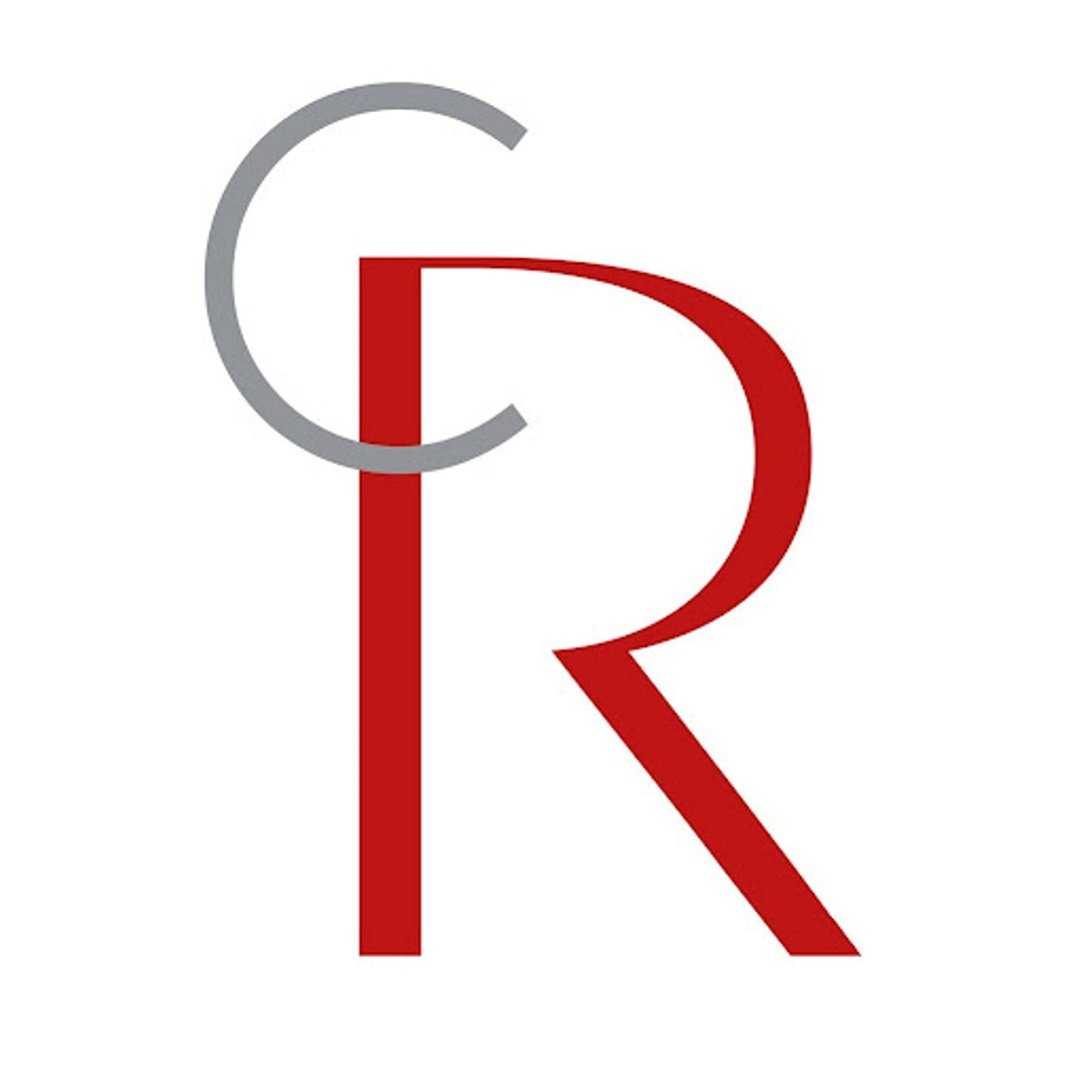
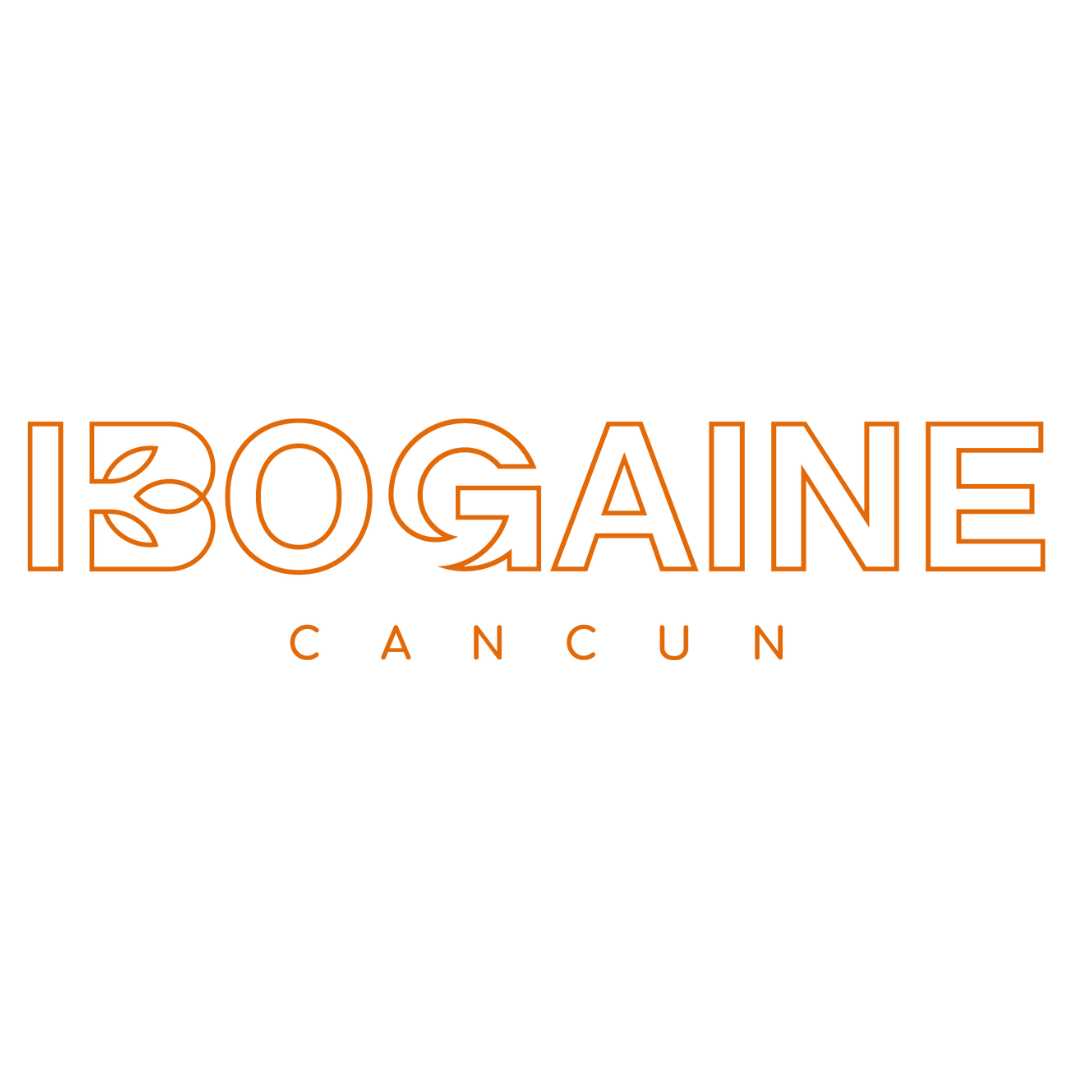
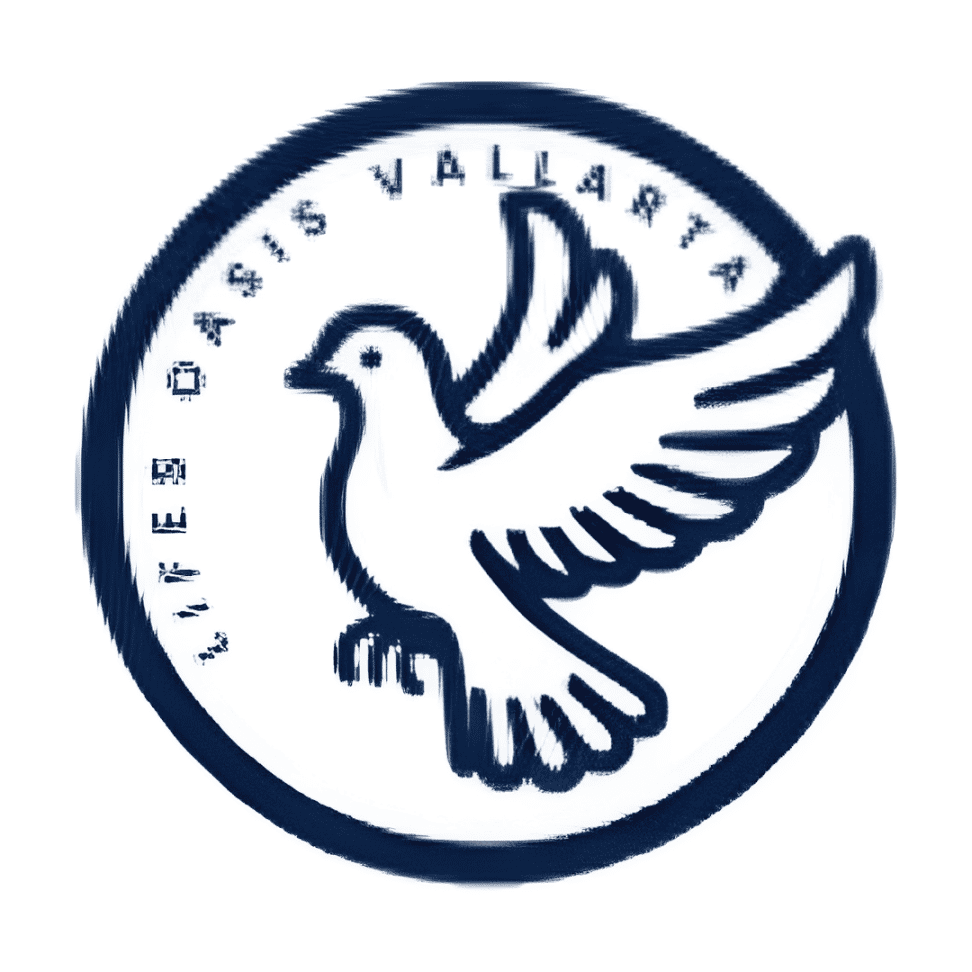
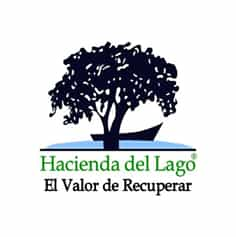
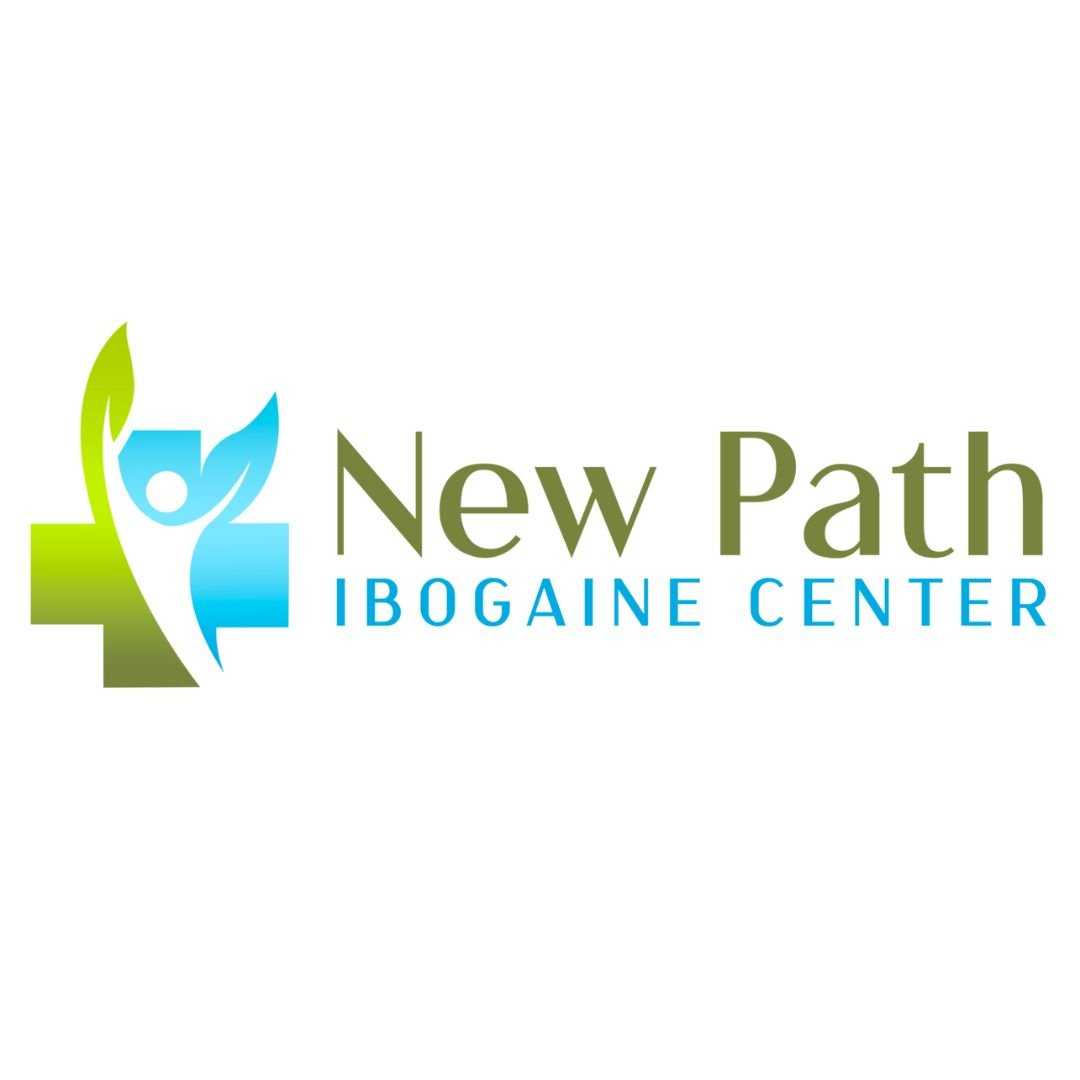

Share this listing